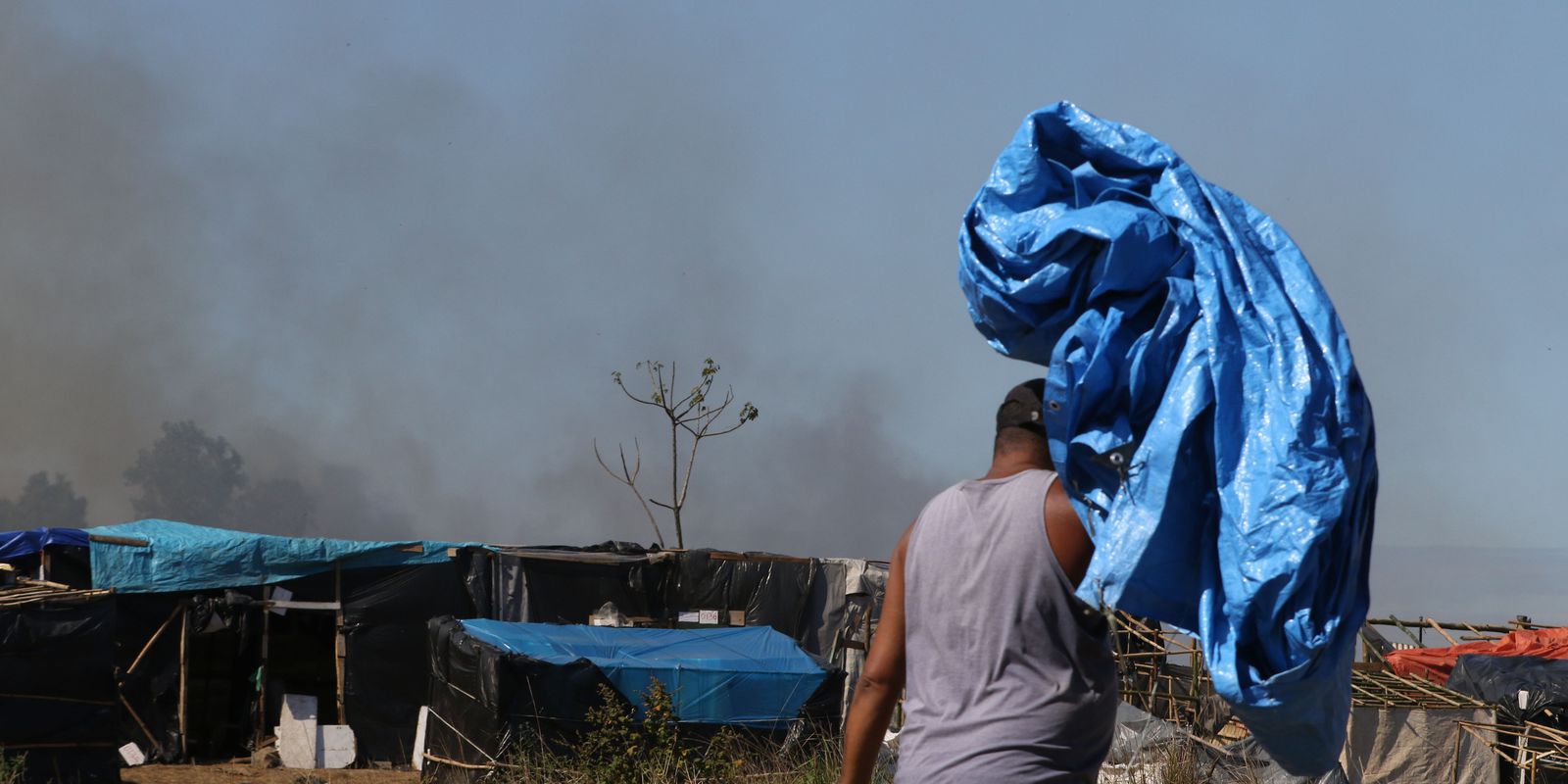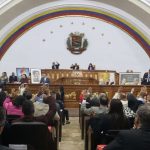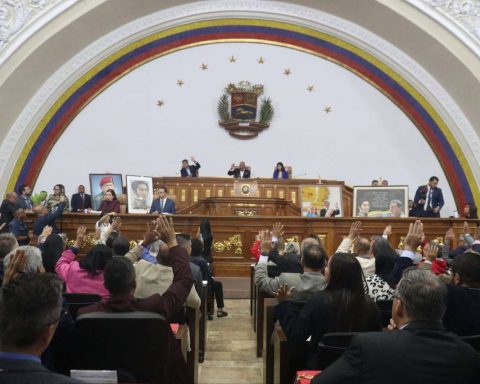Around 41,000 families have been evicted from their homes in the country since the beginning of the covid-19 pandemic, in March 2020. Another 218,000 are under threat of losing their homes, according to the National Mapping of Conflicts for Land and Housing. The mapping is a virtual platform organized by the Zero Eviction Campaign that involves eight organizations, such as the NGO Habitat para a Humanidade Brasil and the Brazilian Institute of Urban Law.
The main justification for evictions is repossession. More than 26,500 families were evicted with this argument and 88,000 are under threat.
The case of Vânia Santos is one of these. She lived with her family in an occupation in Brasília, when they were removed in 2021, after the Government of the Federal District (GDF) asked for the repossession to Justice. “We continue to live on rent assistance, but now it’s late again. They didn’t pay the January payment and we haven’t received it. My situation today is not easy”.
The DF Social Development Secretariat denied that there is a delay in the payment of the aid. According to the folder, the credit referring to January will occur in the next few days.
The national coordinator of the Homeless Workers Movement and member of the Zero Eviction Campaign, Rud Rafael, says that this scenario of evictions comes from the lack of housing policy. “Several families are no longer able to pay the rent. We have a context of dismantling the housing policy, dismantling the policy of access to land for producers”
The states with the highest number of evictions are: first, São Paulo, followed by Rio de Janeiro, Amazonas and Maranhão.
















